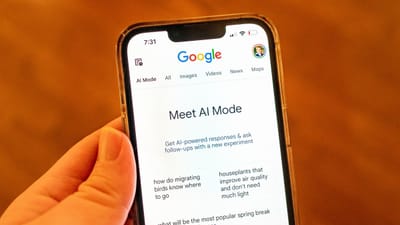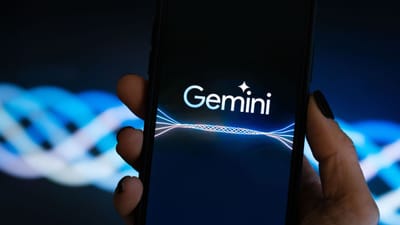
India Proposes Mandatory Royalty System for AI Training on Copyrighted Works
India's Department for Promotion of Industry and Internal Trade has released a draft framework that would require AI developers, including OpenAI and Google, to pay royalties for using copyrighted material in model training. The proposal creates a single collecting body to distribute payments to creators, aiming to lower compliance costs while ensuring compensation. Industry groups such as Nasscom and the Business Software Alliance have voiced concerns, arguing that a licensing‑only approach could hinder innovation and favour a text‑and‑data‑mining exception. The government has opened a public comment period before finalizing the recommendations.










